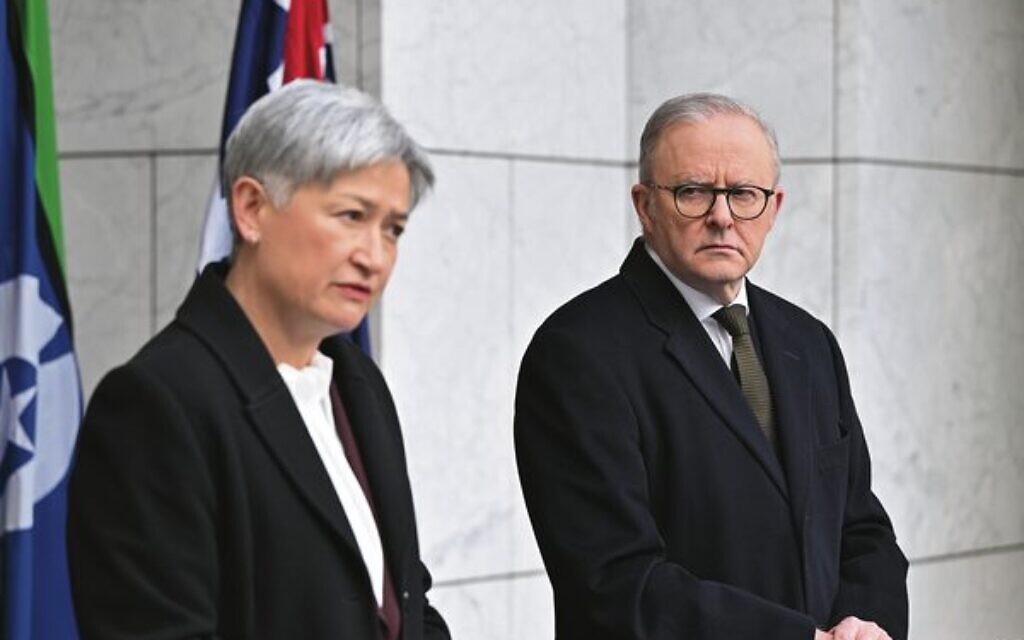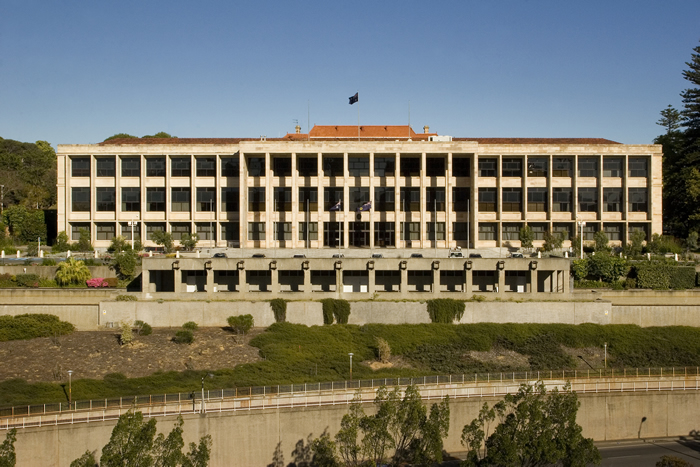
UPDATE: In an urgent joint statement, top Jewish organizations from Australia, the UK, and Canada are calling on their governments to rethink plans for recognizing a Palestinian state at the upcoming UN General Assembly on September 21, 2023. The Executive Council of Australian Jewry, Board of Deputies of British Jews, and Centre for Israel and Jewish Affairs (Canada) warn that this recognition could be perceived by Hamas as a reward for its violent actions against Israel.
The leaders express profound concern that such a decision would diminish pressure on Hamas to release hostages taken on or before October 7, 2023, and to disarm. They argue that recognizing Palestine while Hamas remains armed would not only betray the hostages but also further jeopardize peace efforts in the region. “Hamas has welcomed our governments’ declarations of an intention to recognize a Palestinian state at the UN later this month as the ‘fruits of October 7’,” the statement reads.
The push for recognition follows announcements by multiple countries, including Australia, made by Prime Minister Anthony Albanese in August. Albanese’s commitment was framed around conditions from the Palestinian Authority, such as recognizing Israel’s right to exist and demilitarizing. However, critics within the Jewish community highlight that these requirements risk being overlooked.
“We are in effect saying that the fulfillment of these requirements post-recognition will be taken on trust,” said ECAJ president Daniel Aghion. “This posture lacks credibility and sets up Palestinian statehood for failure from the outset.” The organizations stress that this decision could set back hopes for a sustainable peace based on the principle of two states for two peoples.
The statement emphasizes the dire circumstances facing the hostages, citing recent videos from Hamas that indicate they are being denied basic sustenance and access to humanitarian aid. The Jewish leaders also warn of broader security implications, noting that extremist groups have escalated violence against Jewish communities globally in response to the current geopolitical climate.
As the UN General Assembly approaches, the urgency for governments to prioritize the disarming of Hamas and securing the release of hostages cannot be overstated. The Jewish organizations are adamant that diplomatic efforts should be anchored in tangible actions rather than promises that may never materialize.
The ramifications of this decision extend beyond politics; they touch the lives of individuals caught in the crossfire. With hostages reportedly facing deteriorating conditions, the call for immediate action resonates deeply within the Jewish community and beyond. The forthcoming days will be crucial as global leaders reassess their stance in light of these pressing concerns.
As developments unfold, the situation remains fluid, and all eyes are on the upcoming UN General Assembly to see how nations respond to these urgent pleas.







